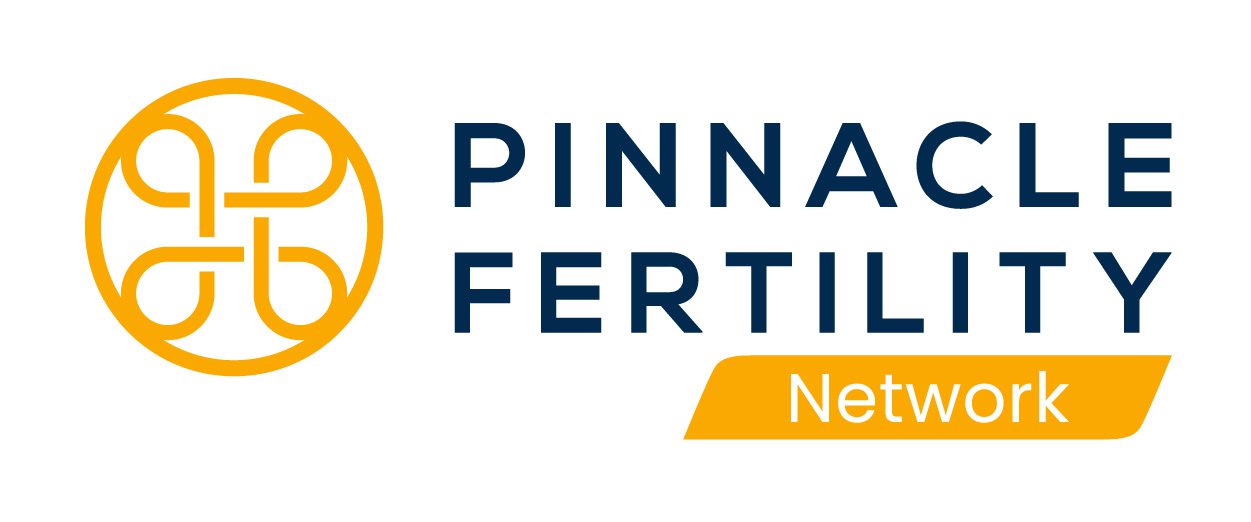Starting Your Family with IUI
If you’re exploring your options for growing your family, intrauterine insemination (IUI) can be a simple and effective next step. It’s often chosen by hopeful parents facing mild fertility challenges, using donor sperm, or looking for a less invasive treatment option.
At Pinnacle Fertility, we understand there are many paths to parenthood—and each one deserves care, clarity, and compassion. IUI is a gentle, low-risk procedure that places sperm directly into the uterus around ovulation, increasing the chance of fertilization.

Who Might Consider IUI?
IUI may be a helpful option if you’re:
- Facing mild male factor infertility
- Experiencing unexplained infertility
- Navigating cervical mucus issues
- A single parent or same-sex couple using donor sperm
It can be performed with or without fertility medications, depending on your unique needs.

What to Expect During the IUI Process
Every IUI journey is unique, but knowing what to expect can help you feel more prepared and confident. From your first consultation to the pregnancy test, we're with you every step of the way.

Initial Consultation
You’ll meet with your fertility specialist—virtually—to talk through your medical history, goals, and any past fertility experiences. This helps build a plan that’s right for you, including whether to consider genetic testing.

Monitoring Your Cycle
Through ultrasounds and blood work, we track your cycle to pinpoint your most fertile window. If needed, medications can be used to stimulate egg development and improve timing.

Trigger Shot (If Needed)
When the time is right, you may receive a small injection of human chorionic gonadotropin (hCG) to help trigger ovulation precisely.

Sperm Collection and Preparation
On the day of your IUI, a sperm sample is collected—either from a partner or donor—and prepared in our lab to concentrate the healthiest, most active sperm.

IUI Procedure
Using a thin, soft catheter, the sperm is placed directly into the uterus. The process is quick and typically painless. Most people describe it as similar to a Pap smear.

Brief Rest and Return to Your Day
You may be asked to rest for a short time after the procedure, but many resume normal activities the same day.

The Two-Week Wait
This is the time between the procedure and your pregnancy test. While it can be an emotional period, our team is here to support you and answer any questions that come up.

Pregnancy Test
About two weeks after your IUI, a simple blood test will reveal if you’re pregnant. No matter the outcome, you’ll have our continued support and guidance on what’s next.
Book Your Appointment Today
Schedule a ConsultationCommon IUI FAQs
Most patients report little to no discomfort during the procedure. Some may experience mild cramping similar to menstrual cramps, but the process is quick and typically does not require anesthesia.
IUI is less invasive and more affordable than IVF. It simply enhances the natural fertilization process by placing sperm closer to the egg, whereas IVF involves retrieving eggs, fertilizing them in a lab, and transferring embryos into the uterus.
Fertility medications are sometimes used to stimulate ovulation and improve success rates, but IUI can also be done in a natural cycle if ovulation occurs regularly. Your doctor will determine the best approach based on your medical history.
A single IUI cycle typically lasts about two weeks, including monitoring ovulation, preparing sperm, and performing the procedure. A pregnancy test is taken about two weeks after insemination to determine the outcome.
IUI is a low-risk procedure, but potential risks include mild cramping, a small chance of infection, and an increased risk of multiple pregnancies if fertility medications are used.
Many fertility specialists recommend trying 3-6 cycles of IUI before moving on to more advanced treatments like IVF, depending on age and fertility diagnosis. This is on a case-by-case basis.
Coverage varies depending on your insurance provider. Our financial counselors are here to assist you in understanding your coverage and exploring cost details and financial options. We’re happy to guide you through the process and answer any questions you may have.





